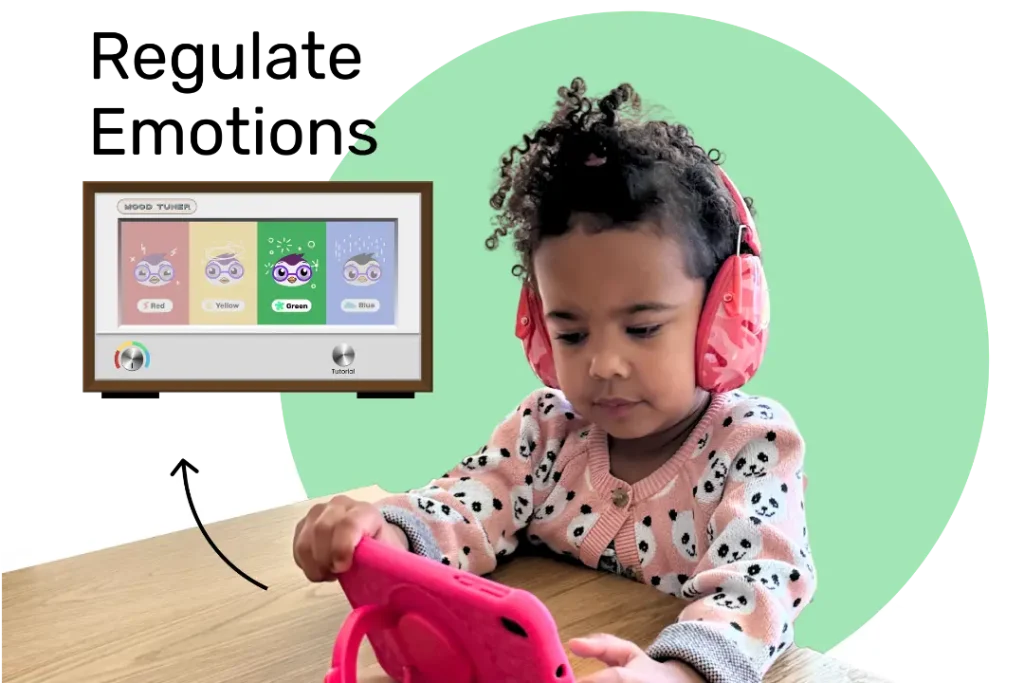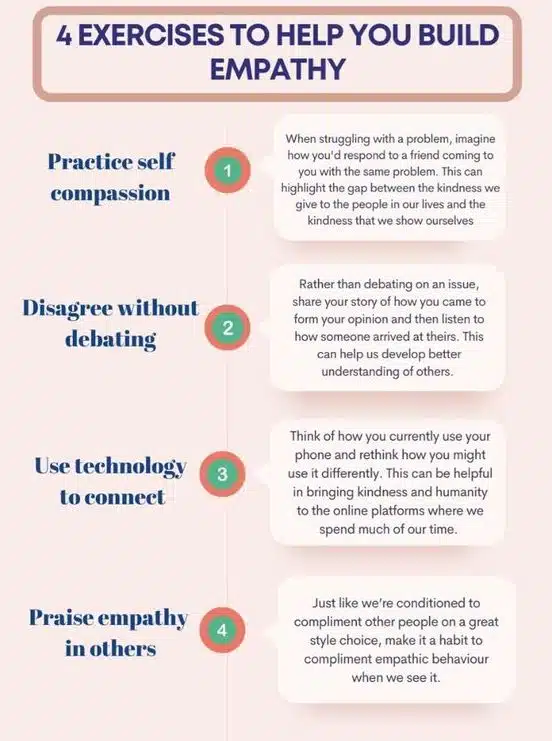Empathy fatigue may not be a term you’re familiar with, but it’s something that can affect even the youngest among us, including neurodivergent kids. In this blog post, we’ll explore the signs of empathy fatigue in kids with thinking and learning differences, discuss why they may be more prone to it, and offer practical strategies to help them manage and overcome it. By understanding this emotional challenge, you can provide better support for your child and navigate the complexities of empathy fatigue together.
Table of Contents
Understanding Empathy Fatigue
Empathy fatigue is a term used to describe the exhaustion and emotional burnout that results from constantly being exposed to the emotions and experiences of others. In kids, this can manifest as irritability, withdrawal, and difficulty managing their own emotions. Before we further explore this topic, let’s first clarify some key points about empathy fatigue:
- It’s normal for kids to feel empathy for others, but when it becomes overwhelming, it can lead to empathy fatigue.
- Neurodivergent kids, such as those with autism or ADHD, may be more susceptible due to their heightened sensitivity to emotions and social cues.
- Empathy fatigue can affect a child’s mental health and overall well-being, making it crucial for parents to recognize the signs and offer support.

Now that we have a basic grasp of the concept, let’s move on to identifying the signs of empathy fatigue in kids.
Recognizing the Signs of Empathy Fatigue in Kids
Being able to identify the signs of empathy fatigue in your child is the first step to providing them with the support they need. Some common indicators include:
- Increased irritability and mood swings
- Difficulty concentrating or staying on task
- Emotional withdrawal or disconnection from others
- Exhaustion or constant fatigue, despite adequate sleep
- Changes in appetite or sleep patterns
Keep an eye out for these signs in your child. If you notice any of them, it’s important to address the issue and provide support to help them manage their emotions. Next, let’s explore why neurodivergent kids might be more prone to empathy fatigue.

Read more: How To Parent a Child With ADHD and Autism
Why Neurodivergent Kids May Be More Prone to Empathy Fatigue
Kids with thinking and learning differences, such as autism or ADHD, may be more susceptible to empathy fatigue for several reasons. Here are some key factors:
- Heightened sensitivity: Neurodivergent kids often have a heightened sensitivity to emotions, making it more challenging for them to regulate their feelings and avoid becoming overwhelmed.
- Social challenges: Many neurodivergent kids face social challenges that can contribute to empathy fatigue, such as difficulty understanding social cues or navigating complex social situations.
- Additional stressors: The daily challenges of living with a thinking or learning difference can add extra stress, making it more difficult for these kids to cope.
By understanding these factors, you can better support your child in dealing with empathy fatigue. Now, let’s discuss some practical strategies to help your child manage this issue.
Practical Strategies to Help Your Child Manage Empathy Fatigue
As a parent, you can support your child in managing empathy fatigue by implementing a few practical strategies. Here are some ideas to get you started:

Read more: How To Stop Meltdowns in Public Places
- Encourage self-awareness: Teach your child to recognize their own emotions and identify when they’re feeling overwhelmed. This can help them develop healthy coping mechanisms and prevent it from escalating.
- Set boundaries: Help your child learn to set emotional boundaries and understand that it’s okay to take a break from situations or people that are emotionally draining.
- Model self-care: Demonstrate the importance of self-care by modeling healthy habits, such as getting enough sleep, eating well, and engaging in activities that promote relaxation and stress relief.
Besides these strategies, there are a couple more ways you can support your child in managing empathy fatigue.
| Strategy | Description |
|---|---|
| Offer emotional support | Let your child know that you’re there for them and that it’s okay to ask for help when they’re feeling overwhelmed by empathy fatigue. |
| Seek professional help | If your child continues to struggle with empathy fatigue, consider seeking the help of a mental health professional who specializes in working with neurodivergent kids. |
Goally | Kid’s Tablet for Building Emotional Regulation Skills
Is your child struggling with understanding and managing their emotions? Goally teaches emotional regulation skills in a fun and interactive way!

The Mood Tuner app encourages kids to look inwards and identify their feelings, helping them understand what’s going on inside. Once they’ve recognized their emotions, they can choose from a variety of exercises designed to help them self-regulate and find their balance.
Wrapping Up
Empathy fatigue is a real and impactful issue that can affect kids, especially those with thinking and learning differences. By understanding the signs, recognizing the unique challenges faced by neurodivergent kids, and implementing practical strategies, you can support your child in managing and overcoming empathy fatigue. Remember, it’s essential to be patient, understanding, and proactive in addressing your child’s needs, and seeking professional help when necessary can make all the difference in their well-being.
This post was originally published on 05/14/2023. It was updated on 09/15/2023.

Goally
We help parents teach their kids life skills, like doing bedtime and morning independently. Backed by science, we incorporate evidence-based practices and expert-informed designs in all of our apps and content.






